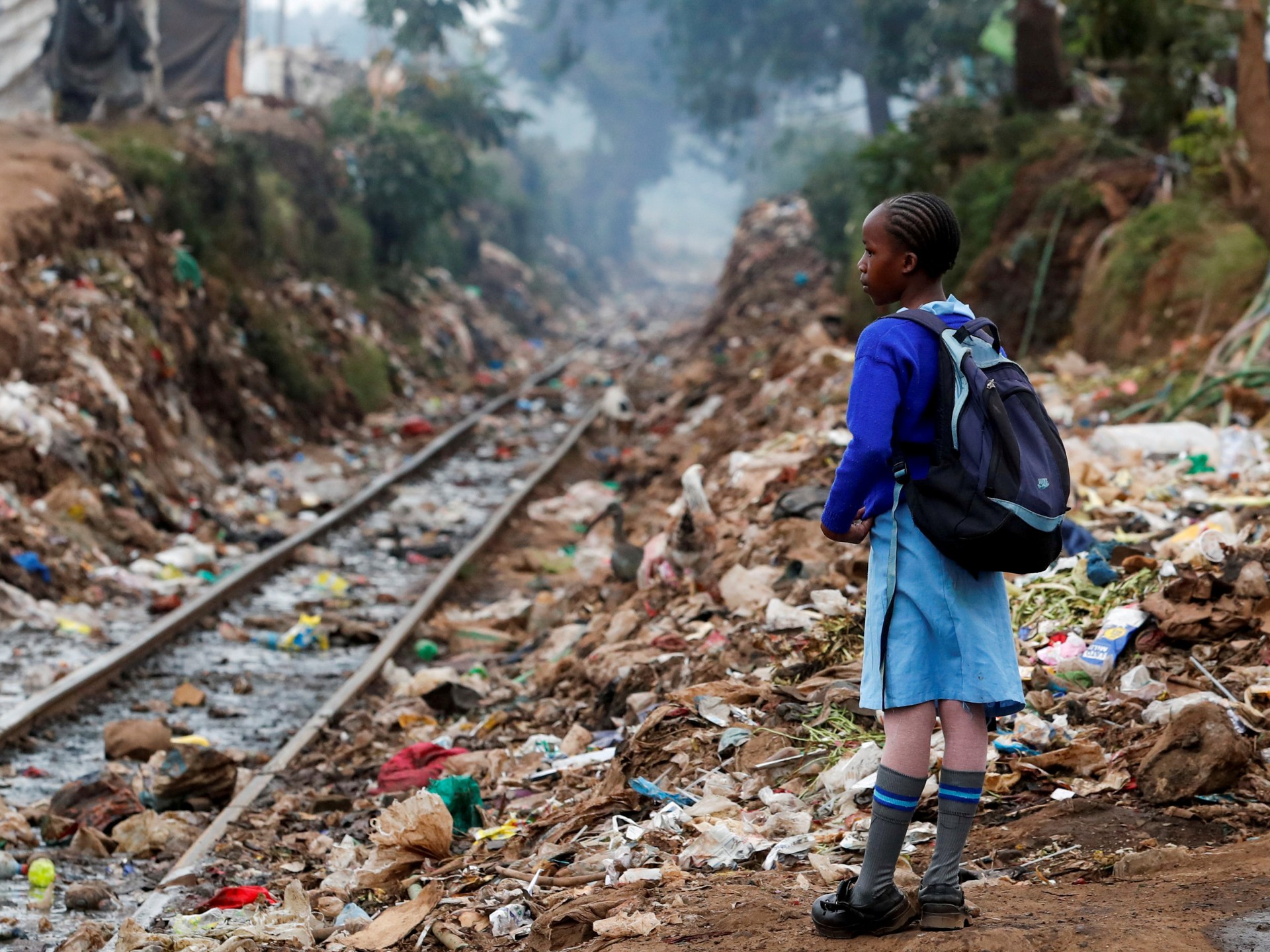Uganda has started construction to restore a British-era railway line after it failed to get funding from China for another standard gauge railway (SGR).
The line will cut the cost of shipping goods to the country’s north, South Sudan and Democratic Republic of the Congo (DRC), a railway spokesperson said on Friday.
The restoration has come after Uganda scrapped a contract with China Harbour and Engineering Company Ltd to build a $2.2bn SGR earlier this year.
“Our ambition is to move all long-distance bulk cargo transportation onto rail from roads in a few years because rail is cheaper in terms of cost and time,” said John Linnon Sengendo, spokesman for state-run Uganda Railways Corporation.
The line, part of the East Africa rail network that stretches from Kenya’s seaport of Mombasa, was built during British colonial rule in the early 20th century and has not been in use for nearly 40 years.
Sengendo said China Road and Bridge Corporation will restore the old line in the next two years for 200 billion shillings ($55.48m) provided by the Ugandan government.
The restored line will connect the town of Tororo in Uganda’s east, near the Kenyan border, with the town of Gulu in Uganda’s north, near the South Sudan border.
Ugandan officials hope the restored rail line will replace trucks shipping goods to both South Sudan and DRC.
The restoration follows on the heels of another project to build a standard gauge railway to link Naivasha in Kenya and Uganda’s capital Kampala, announced last week by the respective countries’ transport ministers.
Holy shit. Why is there so much trash everywhere?
That’s what happens to a country when single use plastic comes into the country while they don’t have the infrastructure to deal with it.
That’s what happens to a country when single use plastic comes into the country
while they don’t have the infrastructure to deal with it.Having the infrastructure would make no difference. Most people in Uganda have more important priorities than worrying about recycling plastic bags, like getting enough food to eat and avoiding being killed by gangs. This sadly is the reality in much of Africa
While that one pick does show a trashy area, most of Uganda is not covered in trash.
Developing countries have long faced a massive shortfall of funding for infrastructure projects. China is now scaling back its Belt and Road Initiative due to debt repayment concerns, but unfortunately it looks like nobody else is stepping up to fill the gap.
And, y’know, it’s now politically unpopular to accept Chinese money. I guess it’s better to just not accept money and not get infrastructure built?
The costs feel extremely low to me for such a project. In my country, just the greater area around the city I’m living in received a €677 Million investment for train infrastructure in 2020. The next few years this will be spent to increase capacity in a small area that already has infrastructure.
Does your country have high wages, safety standards, do consulting studies, etc?
It’s a railroad, how complex does it need to be?
Very?
OH&S and labour costs a lot, why do you think so many companies produce in the third world.
Hopefully they run passenger service on the line too - it can be an immense help to the rural areas in much of Africa








